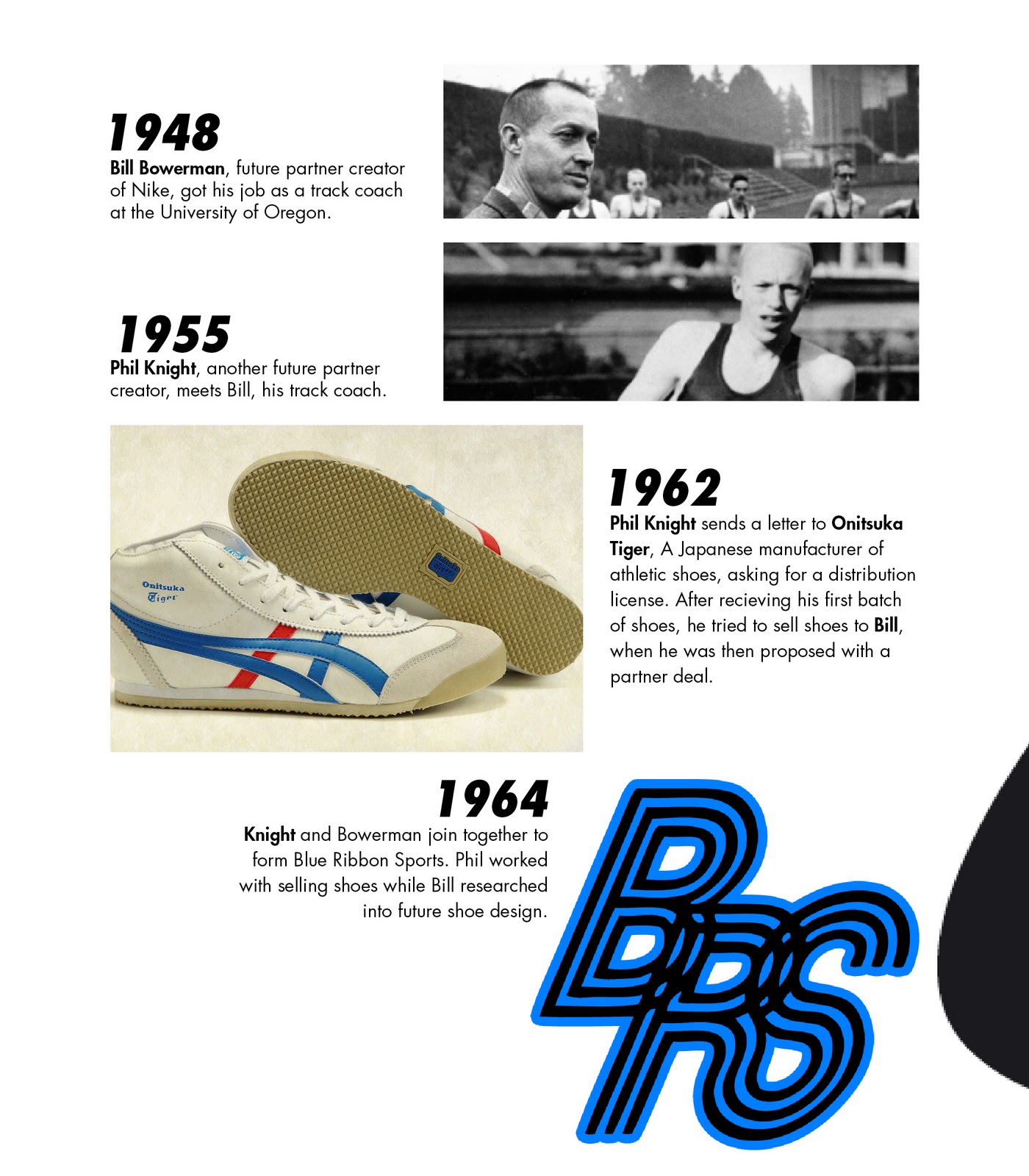Mack Robinson, who was a silver medalist in the 1936 Berlin Olympics but would be overshadowed by the track great Jesse Owens and by his younger brother, the pioneering baseball Hall of Famer Jackie Robinson. He was one of America's best sprinters of the 1930's, but Matthew Mack Robinson hardly seemed destined for athletic feats.
While Robinson was in high school in Pasadena, wrote David Wallechinsky, the Olympic historian, ''coaches did not consider him athletic material and made his mother sign a statement absolving them of blame if his heart was damaged.''
Even when he showed formidable talents while in junior college, it seemed that Robinson would not even make it to the trials for the 1936 United States Olympic track team.
''No one paid an athlete's way in those days,'' Robinson once recalled. ''The trials were in New York, and Pasadena Junior College didn't have any money to send me. And I didn't have a dime to make a trip like that on my own.''
He got there because Pasadena businessmen raised $150 each for him and a teammate.
Robinson qualified for the Olympic team and, in Berlin, he ran second in the 200 meters to Owens, finishing in 21.1 seconds as Owens ran an Olympic-record 20.7 seconds for one of his four gold medals.
''Jesse got the coaching, I didn't,'' he said long afterward. ''I saw his television program, about his return to Berlin. He said that he and the coaches had studied the styles of every runner. That was true. They studied me, too.''
In the Olympics, Robinson ran in the same spikes he wore all season in junior college.
''It's not too bad to be second best in the world at what you're doing, no matter what it is,'' he said of his Olympic silver medal. ''It means that only one other person in the world was better than you. That makes you better than an awful lot of people.''
But when Robinson returned to Pasadena after the Olympics, he felt unappreciated. ''If anybody in Pasadena was proud for me, other than my family and close friends,'' he said, ''they never showed it. I was totally ignored. The only time I was noticed was when somebody asked me during an assembly at school if I'd race against a horse.''
In 1937, he set a national junior-college record of 25 feet 5 1/2 inches in the long jump (later broken by his brother Jackie) and he won national collegiate and Amateur Athletic Union track titles at the University of Oregon in 1938.
He quit Oregon in his senior year to return home and support his family. Back in Pasadena, wearing his Olympic sweatshirt with a big USA on the front, he pushed a broom sweeping downtown streets.
But when a judge ordered public pools in Pasadena opened to blacks, the city retaliated by firing all black workers, including Robinson.
He later worked in a variety of jobs for the city of Pasadena and did volunteer work with youth organizations.
He was not forgotten. In the opening ceremony of the 1984 Olympics, the giant Olympic flag was carried into the Los Angeles Memorial Coliseum by six gold medal winners, the grandson of one (Bill Thorpe Jr., grandson of Jim Thorpe) and Mack Robinson.
His affection for Jackie Robinson, his younger brother by four years, was strong, and he felt that not enough had been done to preserve the memory of Jackie, who broke the major leagues' color barrier in 1947 with the Brooklyn Dodgers.
''There was no one more competitive than Jackie,'' he said. ''No one could tell him he couldn't do something he wanted to do. No man was more appropriate for the tough assignment he received.''
But he also felt that his identity had been lost because of Jackie's achievements. ''I am getting awfully tired of being referred to just as Jackie Robinson's brother,'' he once said.
But the brothers, natives of Cairo, Ga., were honored together by their adopted hometown when the Pasadena Robinson Memorial was dedicated in 1997 in Centennial Plaza, across from City Hall.
Mack Robinson is survived by his wife, Delano, and their three sons and three daughters; a son and a daughter from previous marriages; 25 grandchildren and 8 great-grandchildren.





